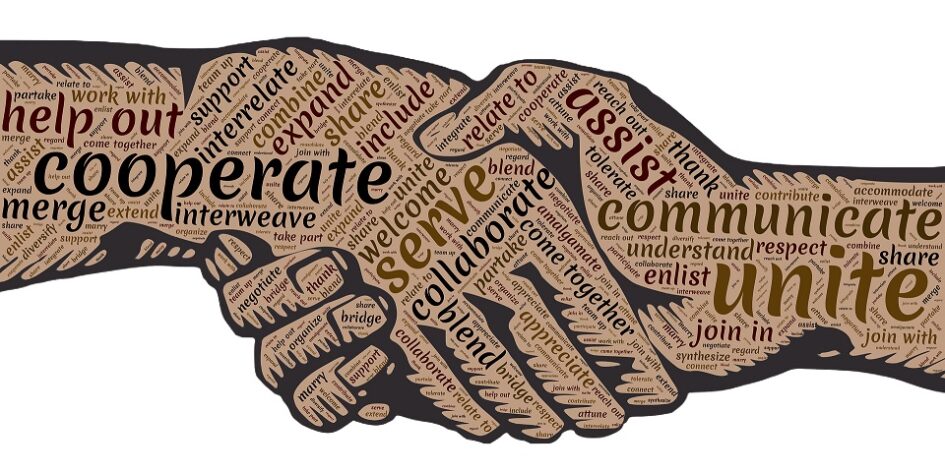How can we open up the conversation about digital literacy for learning?
How do you create a culture of trust in your learning communities?
This week in the Digital Toolshed the conversation is about digital citizenship. Digital citizenship refers to the responsible use of technology and the internet. It encompasses a range of behaviours and attitudes related to online communication, information sharing, and digital identity. Digital citizenship involves using technology in a way that is respectful, safe, ethical, and legal.
Some of the key elements of digital citizenship include:
- Respect: Treating others online with kindness and empathy and being mindful of others’ feelings and privacy.
- Responsibility: Taking ownership of one’s online actions and being accountable for the consequences of those actions.
- Safety: Protecting oneself and others from online threats such as cyberbullying, identity theft, and scams.
- Ethical behaviour: Following accepted norms and values when interacting online, such as respecting copyright laws and avoiding plagiarism.
- Digital literacy: Understanding how to use technology effectively, critically, and creatively to communicate and solve problems.
Overall, digital citizenship is about promoting a positive and productive online environment for everyone.
Research suggests that many students and instructors are nervous about discussing their engagement with non-traditional sources of information and technology because institutions have not legitimized these unconventional strategies for learning. However, many of these strategies are efficient, so people will continue to use them – but often won’t talk about it. This is what David White calls the “learning black market,” where a massive amount of learning activities happen in networked spaces but are not represented in educational settings. How can we open up the conversation about digital literacy for learning?
A Padlet (digital board) is linked below. The Padlet summarizes the Digital Toolshed discussion and serves as a guide for starting a conversation with students about how to effectively engage with digital media and technology in your classes.
Additional Resources
Digital Citizenship Toolkit [Pressbook]
Padlet Guide [Digital BlackBoard]
The Educational Technology Users Group (ETUG) Spring Workshop 2023, DIY Toolkit for Digital Literacy [Padlet].
Digital Literacy, UBC – SCARF Sandbox [Blog]

Leave a Reply